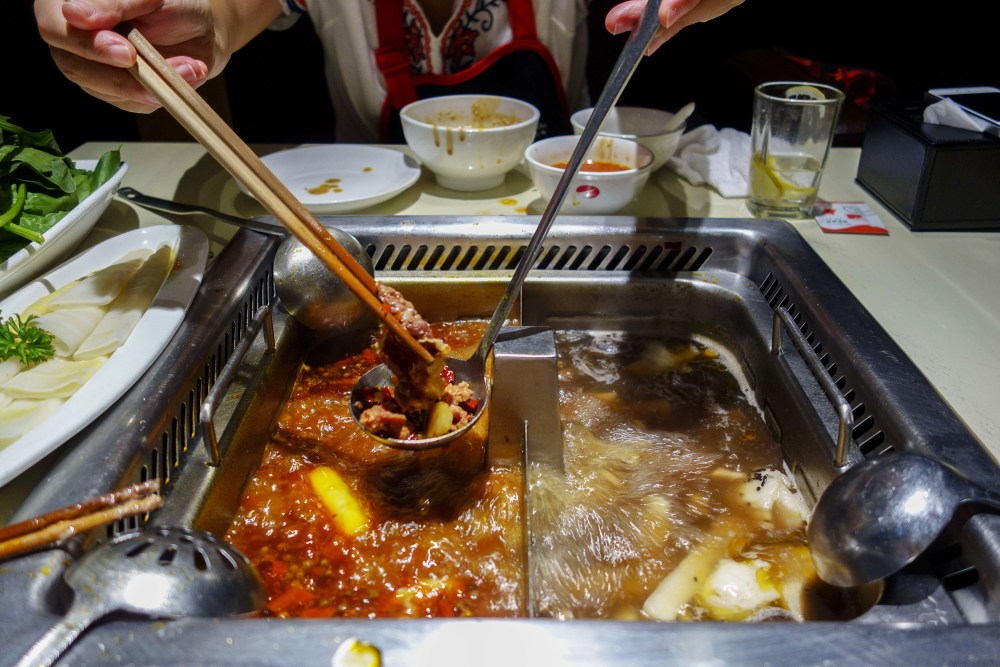TRENDING
September 16, 2025
 A Shanghai court has ordered two teenagers and their parents to pay more than 2.2 million yuan, roughly $308,000, in damages after the boys were filmed urinating into a pot of broth at a popular hot pot chain. The case has drawn widespread attention in China, where food safety and consumer trust remain highly sensitive issues.
A Shanghai court has ordered two teenagers and their parents to pay more than 2.2 million yuan, roughly $308,000, in damages after the boys were filmed urinating into a pot of broth at a popular hot pot chain. The case has drawn widespread attention in China, where food safety and consumer trust remain highly sensitive issues.
The incident took place in late February at a Haidilao branch in Shanghai. In a private dining room, the two 17-year-olds, identified only by their surnames, climbed onto a table and took turns relieving themselves into the hot pot broth. They recorded the act on video, which was later shared online. Within days, the footage went viral, sparking outrage and leading to a lawsuit.
Haidilao, one of China’s largest restaurant chains, filed a claim seeking over 23 million yuan in compensation, arguing that the teenagers’ actions damaged the company’s reputation and caused significant financial losses. The restaurant chain also pointed to the cost of replacing tableware, disinfecting the premises, and refunding customers who had dined at the branch after the incident.
The Huangpu District People’s Court ruled that the teenagers and their parents were responsible not only for direct damages but also for the broader harm caused to the restaurant’s business. The final order required payment of 2.2 million yuan in compensation, along with a public apology to be published in newspapers. The court emphasized that the parents had failed in their duty of supervision.
In response to the scandal, Haidilao refunded and compensated thousands of diners who had eaten at the restaurant during the affected period. The company also undertook a full replacement of tableware and a thorough disinfection of the branch to reassure customers.
The case highlights the growing role of Chinese courts in addressing reputational damage in the age of viral social media. It also underscores how quickly public trust can be shaken — and how costly such lapses can be for both businesses and individuals.